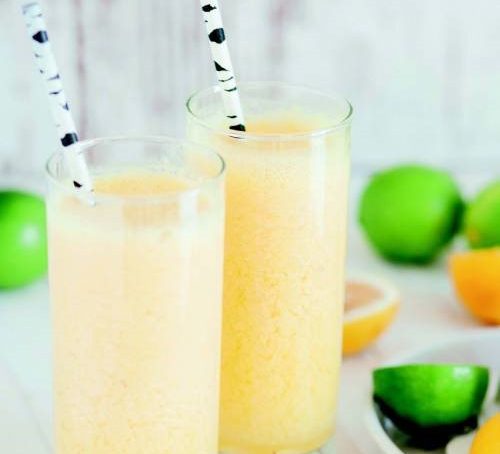
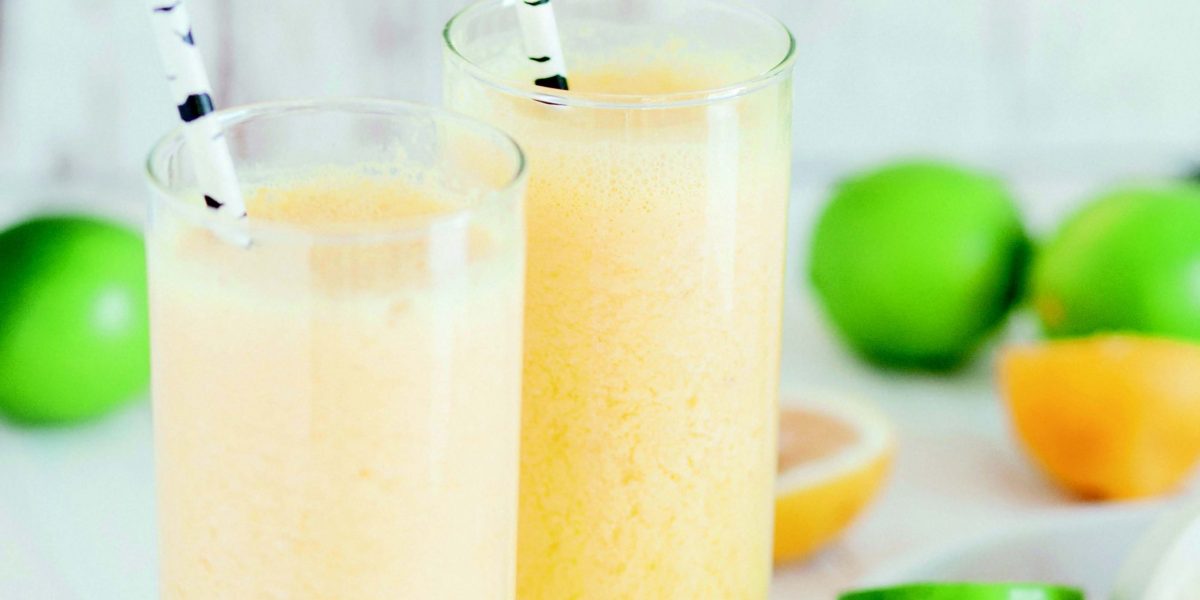
What changes have you witnessed in consumer behavior?
Many people nowadays are asking for low-alcohol or alcohol-free cocktails because they are taking their health more seriously. They want to spend time at bars without drinking as much.
What trends have been forecast in non-alcoholic and soft drinks?
You can find many types of craft sodas and tonics in the market. There are also a number of spirits without alcohol. Creating complex non-alcoholic cocktails is definitely more challenging, so bartenders are being creative by making fermented fruit cordials and using them in their homemade sodas. Some are perfecting their own kombucha, which is a non-alcoholic fermented tea that tastes delicious and has countless health benefits.
At Electric Bing Sutt, we created a non-alcoholic whiskey sour. We would infuse non-alcoholic beer with smoked lapsang tea and mix it with lemon and galangal. Needless to say, it was packed with flavor.
Which non-alcoholic brands are in demand, and are there any lesser-known brands you recommend?
One of the leading non-alcoholic spirits is Seedlip. It is a type of hydrosol you see on back bars and on cocktail menus around the world. Three Cents is a brand of soda I really like. They have amazing flavors — my favorite being the grapefruit soda, which can be enjoyed neat or in a cocktail.
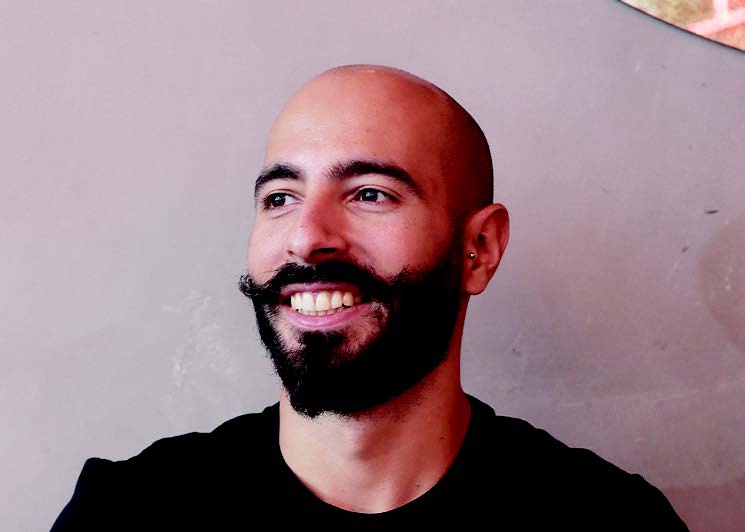
Jad Ballout
Co-owner Electric Bing Sutt
What trends have been forecast in non-alcoholic and soft drinks?
The pandemic has disrupted our lives and affected our physical and mental health. As a result, many consumers have taken greater care of their wellbeing. Familiar comfort drinks such as chocolate milkshake, strawberry lemonade, peach iced tea and hazelnut iced latte are just some of the beverages that have returned as top sellers. Also, drinks with functional benefits and ingredients like kombucha, whey and protein are making their way onto the menus of bars and cafés.
In addition, we are witnessing a rise in ZERO ABV cocktails, which led us to launch a new range of products: Le Mixeur de MONIN. There are currently four flavors: Mojito, Pina Colada, Margarita and Strawberry Daiquiri. The initial launch has taken place in the Gulf.
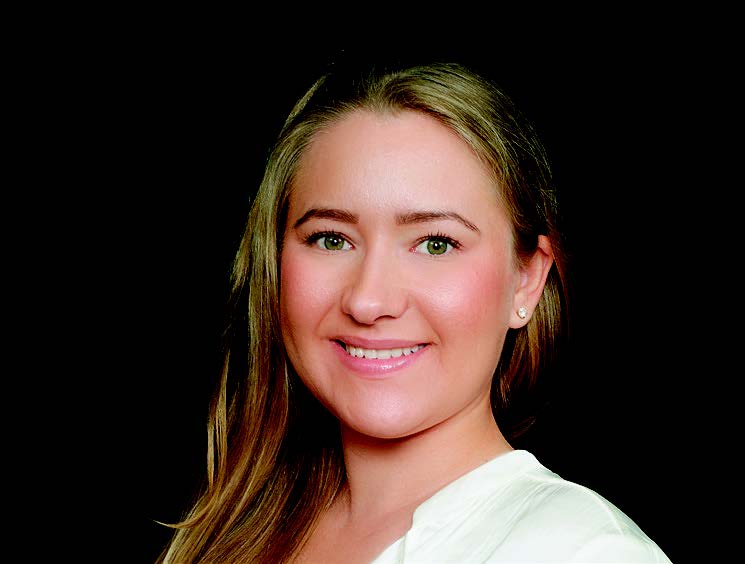
Olga Cassidy
Trade marketing manager MEIA (MONIN)
What is your post-Covid-19 strategy?
Lockdowns and social distancing measures affected businesses on many levels. At le Pré, we had to adapt our channel distribution to go from horeca to retail. To ensure sustainability in the face of the pandemic, we started developing a new range of products reflecting our brand’s diversity in tackling immunity boosters. Last but not least, we are also working on export leads.
What changes have you witnessed in consumer behavior?
Behavior is shifting towards a healthier lifestyle in general and more nutritious products in particular. Today, consumers check the labels and read the nutrition facts. In other words, they are more aware of what they are consuming and prefer products with no added sugar and no artificial colors or preservatives.
What trends have been forecasted in non-alcoholic and soft drinks?
Consumers are becoming more health conscious and are willing to try healthier alternatives to soft drinks while focusing on more premium products that they can rely on. RTD (ready-to-drink) drinks are growing as well in popularity — within a certain category — as they offer the grab-and-go convenience that fits busy yet healthy lifestyles. Also, environmental concerns regarding excess packaging and the use of plastic are on the rise, influencing consumers’ decision-making processes. Beverage companies are responding to these concerns by becoming more eco-friendly.
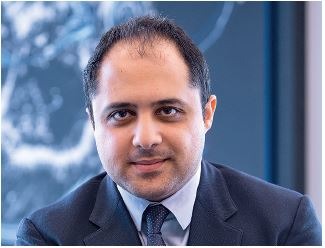
Wissam el Khoury
CEO of le Pré
What is your post-Covid-19 strategy?
Luckily, we were able to work, produce and distribute under the Covid-19 restrictions, as we are a food and beverage manufacturing facility and distributor. We gradually moved from only taking body temperature in the morning and disinfecting our employees, to requesting that masks be worn outside and inside the office. We installed many extra hand washing stations throughout the factory to encourage better hygiene.
Only essential visits are allowed. We don’t allow school field trips any more. Suppliers receive their invoices and can settle their bills in the lobby.
As for the majority of our employees, we have run massive PCR tests twice, and all were negative. We will run more large-scale tests as time goes on. Meanwhile, we request employees to self-quarantine if they show symptoms.
Currently, we are sending new guidelines regarding being open and communicating with our colleagues about the possibility of Covid-19 exposure. Awareness is crucial.
What changes have you witnessed in consumer behavior?
Many factors have pushed consumers to buy and experience things at home since outings have been restricted. But overall, because of the economic crisis and they are choosing to buy less expensive local products, which are relatively affordable for most.
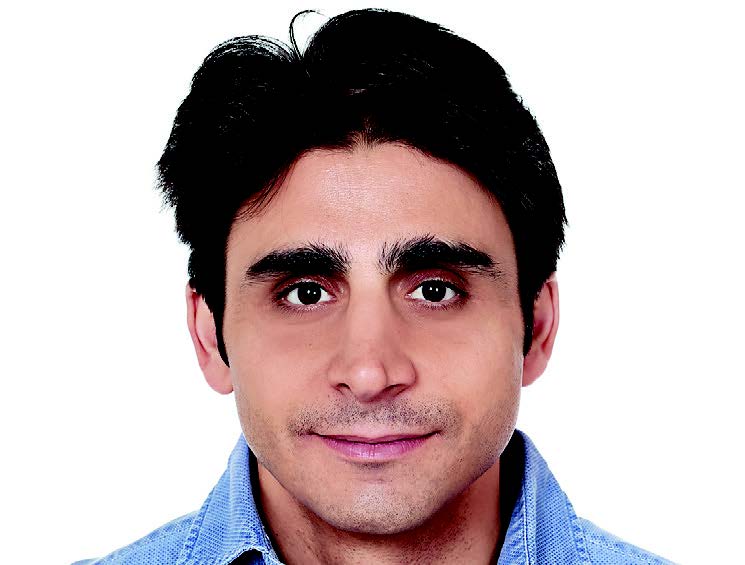
Nayef Akram Kassatly
Managing partner of Kassatly
What is your post-Covid-19 strategy?
The lockdown across the region lasted between four or five months, depending on the Covid-19 situation of the country. During those months, the F&B operators were not allowed to receive dine-in customers. To survive, they had to work on their delivery or takeaway options. While food delivery was common before the pandemic, delivery for drinks prepared in-house was not. For instance, not many coffee shops would deliver a cup of coffee to your home before the pandemic, but it has become the new norm. One of the things we focused on was supporting customers on developing delivery and takeaway solutions for the drinks prepared in-house.
In a separate development, digital marketing and e-commerce grew enormously in importance as a result of this pandemic.The majority of our partners in the region launched their online stores and listed MONIN to make our premium products accessible to a wider audience during the lockdown. The need for luxury home-dining experiences will be a long-lasting effect of the Covid-19 crisis.
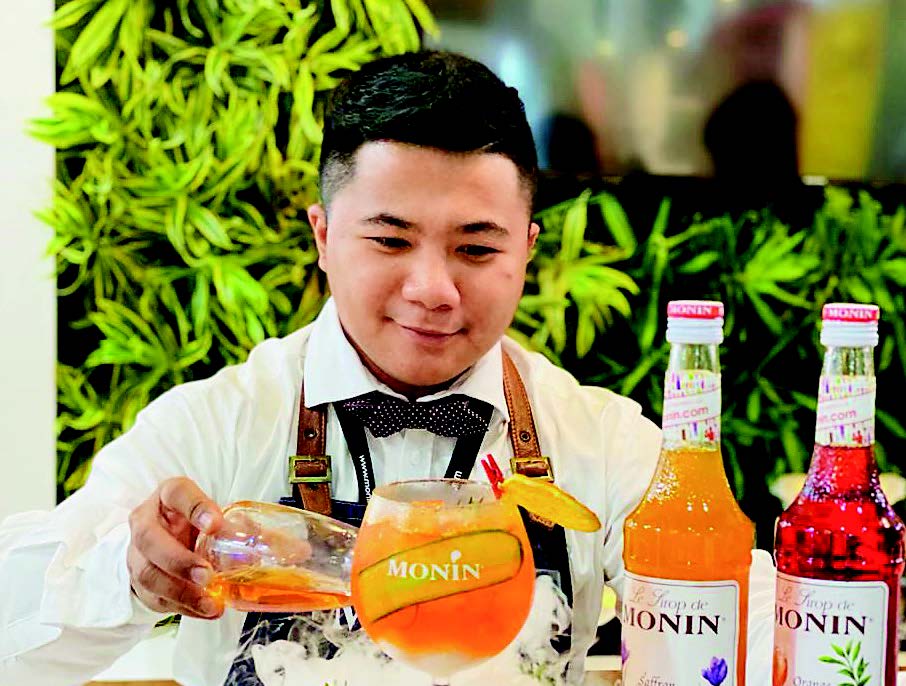
Jan Marc Menicable
Beverage innovation manager MEI (MONIN)
What is your post-Covid-19 strategy?
Cidra is a micro-craft cidery in Kfour, Keserwan that produces apple cider and sparkling apple juice. Our products are all natural, gluten-free, vegan, and with no added sugars. The company’s main goal is to support local Lebanese apple farmers by purchasing their non-marketable apples and providing them with valuable expertise to take care of their apple orchards. Lebanon has been going through a series of crises. With a dying economy, hyperinflation, and the Lebanese pound losing more than 80 percent of its value on the parallel market within 10 months, Covid-19 is just the tip of the iceberg when it comes to Lebanese people’s worries. However, being the resilient people that we are, we are determined to get through this once again — as we have always done.
To start off, we are implementing the hazard analysis and critical control points (HACCP) in order to ensure the highest level of production in line with international standards and deliver a high-quality product to our consumers. In addition, we will be launching advertising and awareness campaigns to highlight and reflect the difficulties faced by apple farmers in Lebanon, and we will be participating in workshops and seminars to discuss these problems and elaborate on how dangerous they are, especially with the increase in wasted apples that we witness every year.
We will be educating the Lebanese people on what cider is and how to help farmers. It is our aim to participate in events such as Vinifest and Beirut International Beer Festival to engage with people and spread our message.
Export is crucial and essential in the near future. We plan to export Cidra to the US, Europe, and the GCC, and hopefully help in making the world recognize the potential of Lebanese apples and Lebanese products. As demand increases, our mission will become a lot easier, and we will be able to support even more farmers affected by the difficult situation in Lebanon.
What changes have you witnessed in consumer behavior?
With everything that has happened since October 2019, we have witnessed a stronger demand for local goods and products. This has motivated local businesses to produce more and sell locally, where the demand for these “newly discovered” products that have been in the market — being unpopular or unrecognized before — has increased.There has always been this belief among the majority of the Lebanese people that local products lack quality and an edge to compete against imported brands.
Scarcity of the US dollar in the market and the high exchange rate fluctuation have caused massive price increases of imported goods. Lebanese consumers have somehow been forced to divert to consumption of local products and to their surprise, the vast majority were shocked by the quality of local produce.
Another issue worth talking about is the rise in environmental awareness, which is mainly portrayed in recycling. The new generation is more eco-conscious and wants to protect the environment. We at Cidra strongly support recycling, and we already ask our customers to return the bottles they consume in order for us to clean and sterilize them through the best processes, and ensure they are as good as new and safe for reuse. By doing so, we are contributing to lowering the amount of glass waste and keeping our environment cleaner.
What trends have been forecast in non-alcoholic and soft drinks?
We have seen a lot of big companies launching a new production line within their companies for non alcoholic products, and we want to be one of the pioneers in this field. We believe there is going to be a greater demand for these products in the future.
Since the start of our journey, we have dedicated a production line for sparkling non-alcoholic apple juice, and we have witnessed a very large demand for this skew.
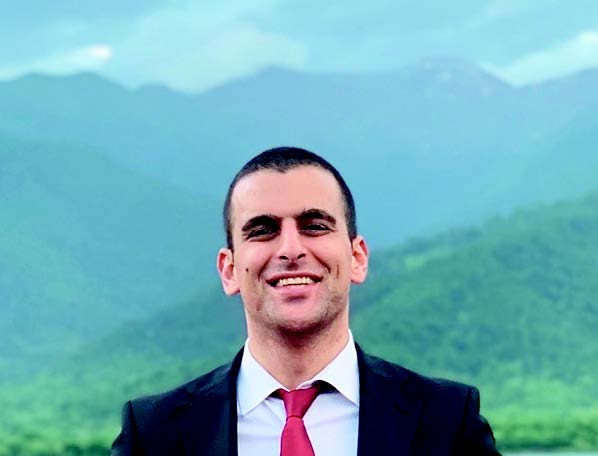
Mark Sadaka
General manager of CIDRA LEBANON













